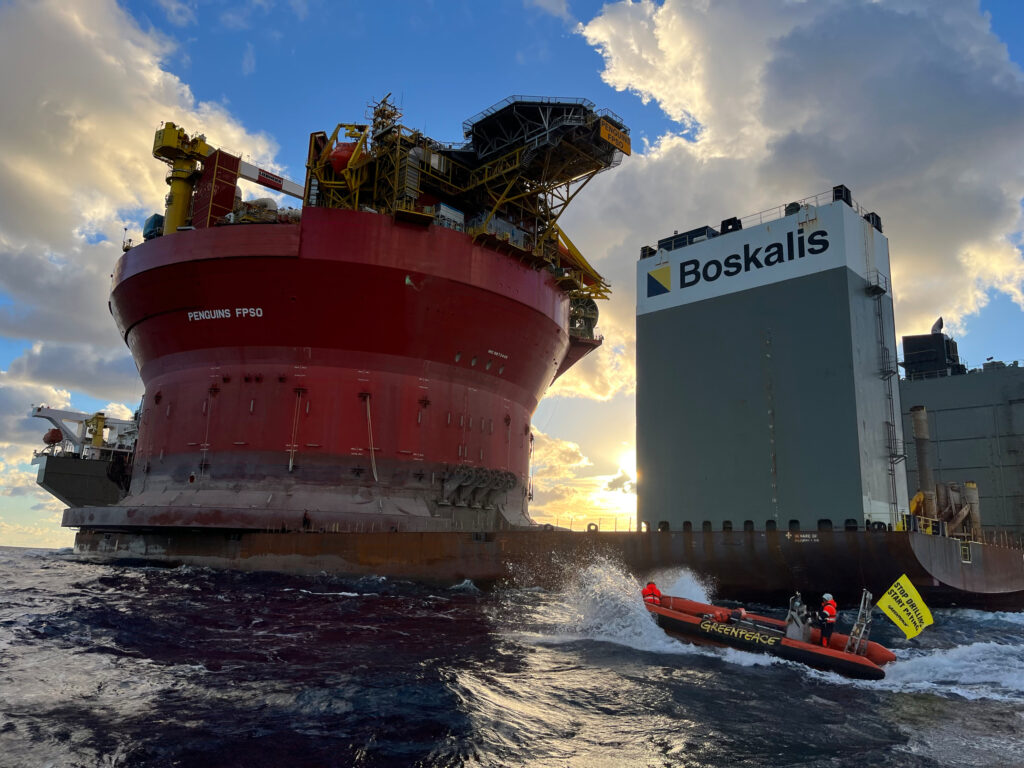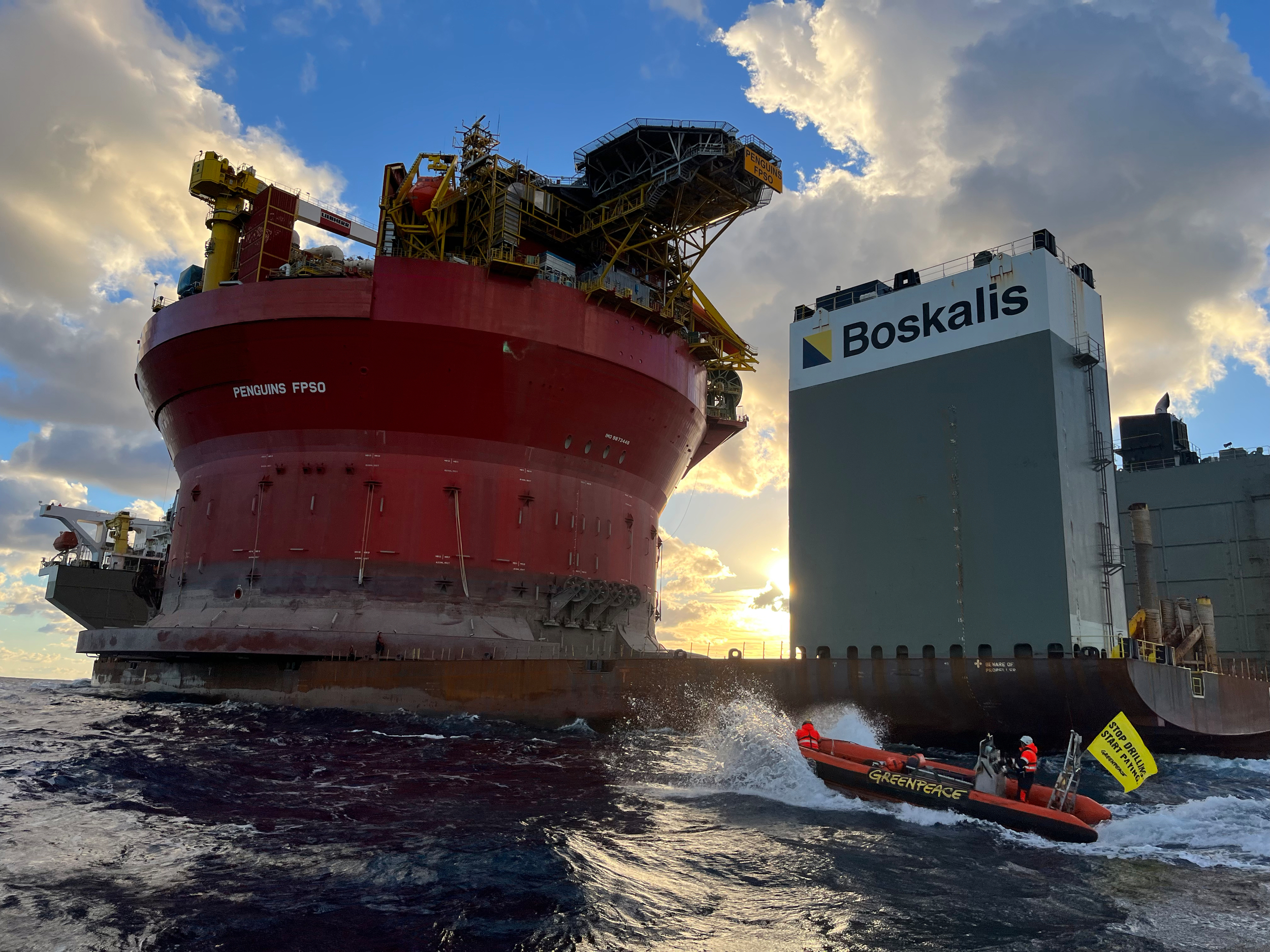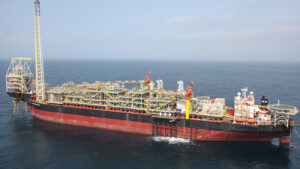
Shell is suing Greenpeace after the environmental group’s activists occupied the company’s floating production storage and offloading [FPSO] unit for 13 days, according to Greenpeace.
The lawsuit follows an incident in January when six activists boarded Shell’s Penguins floating production storage and offloading [FPSO] unit for 13 days, from January 31 to February 12.
At the time of the protest Shell and its co-claimant, platform builder Fluor, claimed they would seek damages in court.
The parties were offered to resolve the dispute by making a settlement. According to Greenpeace, Shell said the damages would be over $8m but they have offered to settle for a reduced amount of $1.4m damages, and a legal undertaking that all Greenpeace organisations would agree to never protest on its infrastructure again, at sea or in port anywhere in the world.
If this case were to go to court, it would come with a risk of legal fees through the courts process which could amount to further millions.
Greenpeace UK and Greenpeace International responded that they would agree to such a protest ban if Shell complied with the Netherlands court order requiring the company to reduce its emissions by 45% by 2030, relative to 2019, across all activities.
The lawsuit, is considered by Greenpeace, as one of the biggest legal claims against Greenpeace.
Greenpeace said earlier today in a statement that “the oil giant Shell has launched an intimidation lawsuit against Greenpeace UK and Greenpeace International, demanding Greenpeace stop protests at its infrastructure at sea or in port anywhere in the world, forever, or face an $8.6m damages claim and an injunction.”
Areeba Hamid, co-executive director of Greenpeace UK, accused Shell of “trying to crush Greenpeace’s ability to campaign, and in doing so, seeking to silence legitimate demands for climate justice and payment for loss and damage.”



